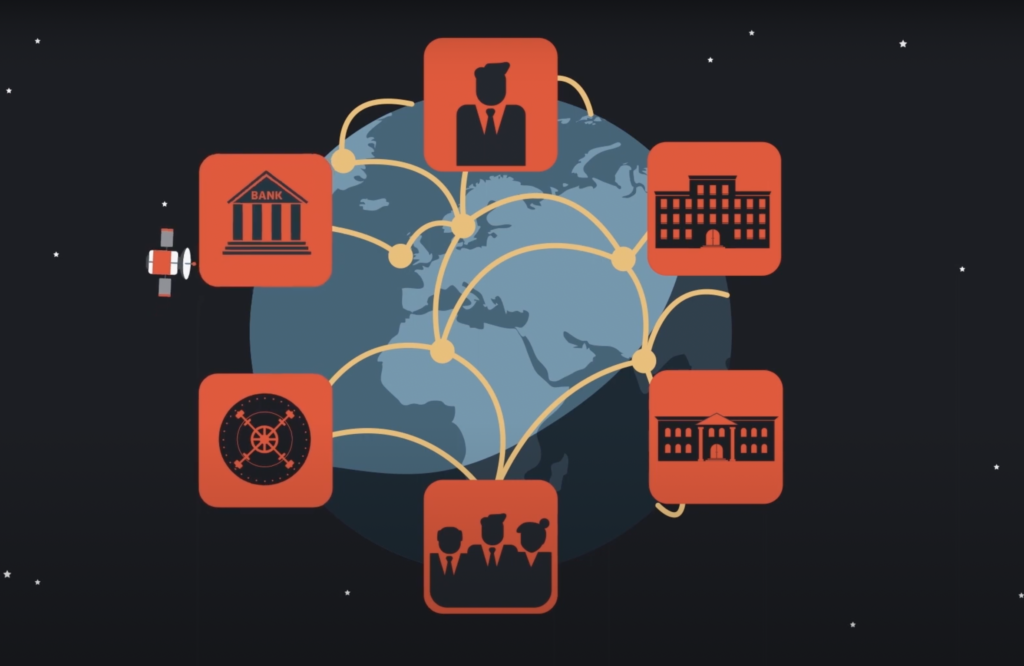
This project investigates the evidence of what regulatory frameworks, tools or novel instruments have been shown to be effective or ineffective at deterring the various enablers from contributing to illicit financial flows around the world.
Project Summary
Traditionally, regulators and enforcement agencies have focused on going after those committing the crimes, not the enablers of corruption. Nevertheless, professional intermediaries (lawyers, accountants, bankers, real estate agents and others) are crucial enablers of illicit financial flows (IFFs).
This research project reviews evidence on how enablers become involved in these schemes, what instruments and regulatory frameworks exist to steer them from facilitators to being the first line of defence to counter global money laundering, and how effective these tools have been to deter their participation in IFFs around the world.
Policy and Programming Implications
Regulation is the primary policy response for addressing the role of enablers, but it differs across jurisdictions and industries. Strategies to regulate the various enablers face an inherent challenge in that the activity is rarely contained within a single jurisdiction and, while international in scope, actors in different countries play different roles. Understanding these differences is key to targeting effective policy mechanisms at the international, national, and subnational levels.
A patchwork of governance systems tends to regulate the financial, legal, accounting, and other enabler professions, with further variation by national or subnational jurisdiction, and state and self-regulation. The researchers seek to understand the critical roles enablers play in IFFs, examine the diversity of regulatory models, and explore what is known about their effectiveness in order to help target future research efforts.
To further illustrate this problem, it is helpful to look at where the enablers who do the laundering are located. While it is difficult to measure the extent of IFFs flowing through different jurisdictions, according to recent reports the United States and the United Kingdom are responsible for 40% of all money laundering in the 38 OECD countries. The most significant implications of IFFs are for countries located in the Global South, with annual IFFs estimated at USD $88.6 billion stolen and channelled to the Global North, often facilitated by the enablers.
The research delineates between policy approaches and anti-corruption interventions at various jurisdictional levels, outlines tools (such as artificial intelligence and regulatory frameworks like beneficial ownership), and identifies key gaps in policy responses to curb the role of enablers in IFFs.
Research Questions
- How do enablers support illicit financial flows?
- What regulatory approaches have shown signs of effectiveness in thwarting the participation of enablers in IFFs?
- How do regulators in anti-money laundering regimes contribute to the problem?
- What impact do technological innovations and other tools, including AI, have on money laundering detection?
Methodology
The methodology rests on research and analysis of primary qualitative and quantitative sources, as well as interviews with practitioners. This is achieved in 5 steps: 1) compilation and review of secondary qualitative data; 2) analysis of key documents and studies; 3) assessment of primary qualitative data through informational interviews; 4) analysis of gaps in evidence; 5) synthesis of findings and a cumulative report.
Research Team Members
- Noah Arshinoff, Founder and Managing Director, ACT International Consulting; Adjunct Professor of Anti-Corruption Law, University of Ottawa, Canada
- Marc Tassé, Senior Advisor, ACT International Consulting; Professor, Telfer Business School and Faculty of Law, University of Ottawa, Canada
- Jane Humphreys, Senior Associate with ACT International Consulting; Founder of Beyond Borders Policy Consulting, Canada


